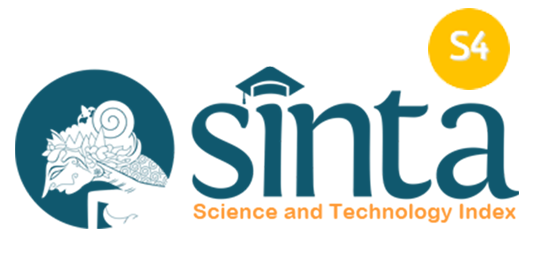The Role of Fraud Hexagon Theory Perspective in Detecting Tax Fraud
DOI:
https://doi.org/10.33005/ebgc.v8i2.1615Keywords:
fraud, fraud hexagon theory, tax fraud, tax evasionAbstract
This study aims to analyze the factors influencing Tax Evasion using the Fraud Hexagon Theory perspective. This research is highly relevant considering the importance of understanding the dynamics of Tax Evasion in the context of organizational and individual behaviour. Amidst the government's efforts to increase state revenue through the tax sector, a deep understanding of the factors that encourage and suppress tax evasion is crucial. This type of research is quantitative using an explanatory research approach. The study population is registered and active corporate taxpayers at the Directorate General of Taxes Regional Office 1, with a sample of 100 respondents selected using a purposive sampling technique. The analysis technique applied is PLS-SEM, which is effective in measuring and modelling the relationship between variables. The results show that Pressure, Capability, and Collusion have a significant effect on Tax Evasion, while Opportunity, Rationalization, and Arrogance do not show a significant effect. This finding rejects several previous studies stated that Opportunity, Rationalization, and Arrogance play a greater role in Tax Evasion. This research contributes to tax policy, with the hope that strengthening technology-based tax administration systems is crucial for improving oversight and transparency. These results suggest that Opportunity, Rationalization, and Arrogance, which better support Tax Compliance, should be prioritized in efforts to reduce Tax Evasion. These three elements are integral to the Fraud Hexagon Theory, which broadens understanding of the factors that drive fraudulent activities, including Tax Evasion.








